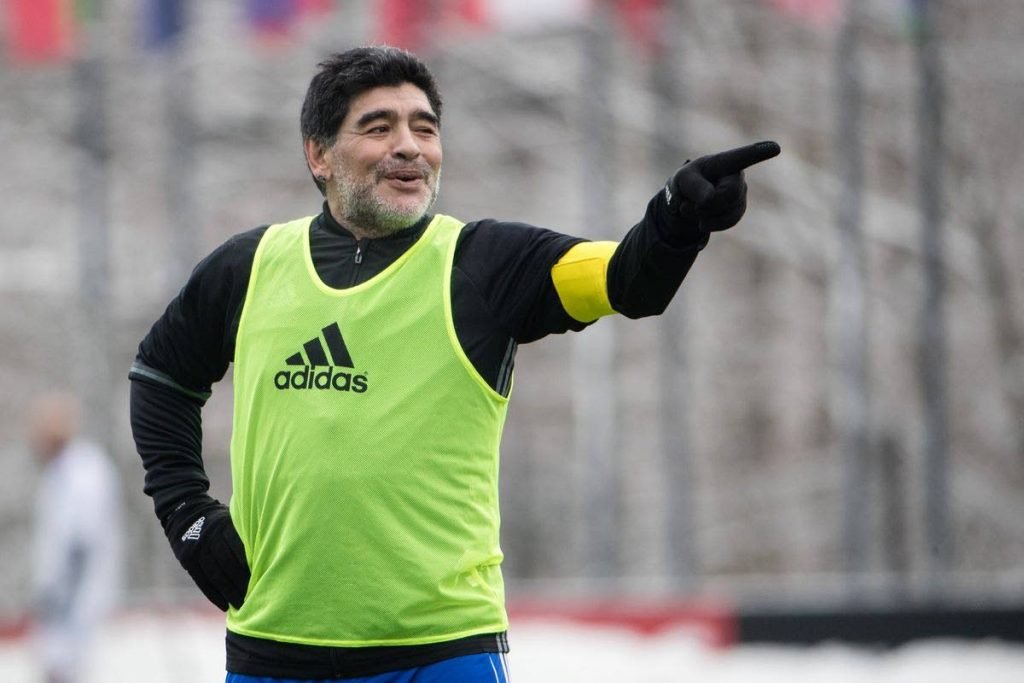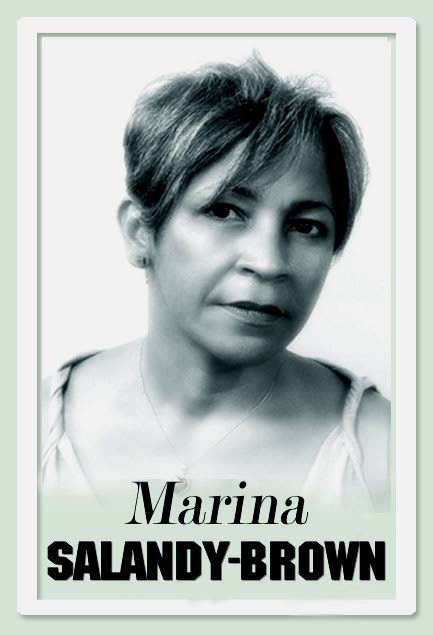The art of living and dying

Last week my fellow columnist wrote about dying and our difficulty in being relaxed about it. It touched a chord then and came back to me yesterday when I learned that my nonagenarian uncle, who wrung every drop out of life, is now anxious to hang up his boots.
He may not have followed the career of tearaway legendary footballer Diego Maradona, whose death was announced just as I started on this column, in which I intended to address the matter of dying well and living even better.
My uncle would have approved of Maradona, since they both lived life intensely, except that my uncle has had 31 years more of it than Maradona.
I deduce that either he has better genes or Maradona lived harder. The great footballer only had 60 tumultuous years. He was operated on two weeks ago for removal of a cerebral blood clot and expected to recover at home. Alas, his heart gave up.
While he lived, he provided the world with a constant source of interest, disappointment and mirth off the field, and during his years as one of the brightest stars of international football his time on the field illuminated the lives of football fans everywhere.
Argentina declared a three-day period of national mourning as plaudits roll in from all corners of the globe.
Last weekend, I wrote about the iconic Lewis Hamilton being the finest racing driver in the history of the sport; many, including those who played against Maradona when he was at his exciting best, are declaring that he was the greatest footballer of all time, eternal, magical.
He was all of those things to me as a World Cup fan. It was impossible not to admire that little, muscular, curly-haired ball of energy with a merciless left foot who burst onto the scene during the 1986 World Cup to beat my favourite team, England, in Mexico, in the quarter finals.
He scored two unforgettable goals, the first of which he said was scored with “the head of Maradona and the hand of God,” forever to be known as “the hand of God” goal and perhaps the biggest cheat in the game at that level. No one saw his hand touch the ball and the contested goal was allowed.
In Beyond the Boundary, CLR James’s singular work on the game of cricket and the mastery of the West Indies, the author analysed the motivation in the desire to beat our colonial masters at their own game. For us, once, in the last century, cricket was more than a game, it was about getting one’s own back. In the 1980s, football for the Argentines when they played against England was not a game. It was the battlefield on which they would restore their national pride and honour.
Argentina had been humiliated in 1982 by losing the Falklands War to Britain over the Malvinas islands off the Argentine coast. The two countries claim ownership of this desolate outcrop for strategic and economic reasons. Argentina started the war but had to go home with her tail between her legs, brought down by PM Margaret Thatcher, the invincible Iron Lady.
Also in 1982, Argentina lost in an early round of the World Cup. Maradona and the team he captained had scores to settle. His nick-of-time second goal that day in 1986 was unstoppable. He charged down the length of the field, beating a host of English players to blast the ball into the net. It won them the match, and has gone down as one of the great goals of all time. They went on to win the World Cup, and Maradona was awarded the Golden Globe as the top footballer of the tournament.
I remember it clearly because which side one cheered for was still an issue in 1986, as it was in 1982. I always cheer for Argentina when they are up against England because of the Malvinas. It caused mild, good-natured ructions between me and my London neighbours.
What happened to Maradona over the next few decades is a very human story. He captained two more World Cup teams, played for European clubs and was a manager and finally a football coach in Argentina when the Grim Reaper came calling on Wednesday.
He was larger than life and never feared living, seeming to be always pushing the boat out. He took drugs, he cheated, he drank to excess, who knows what else. He was banned from playing more than once, yet he remained a source of joy for those who met this flawed icon. He was the champion’s champion of his generation and also for later ones.
I remember seeing an image with him posing his fat, midget self next to Usain Bolt, aping the lanky runner’s signature arrow gesture, laughing his head off. For sure, he had his demons and an addictive personality but in the second it takes to pass into another realm he would have felt pleased he played all the cards he’d been dealt.



Comments
"The art of living and dying"